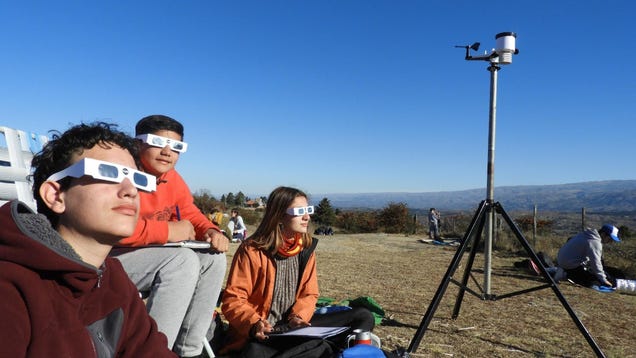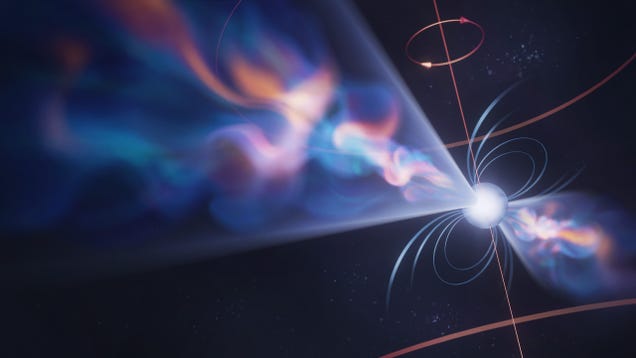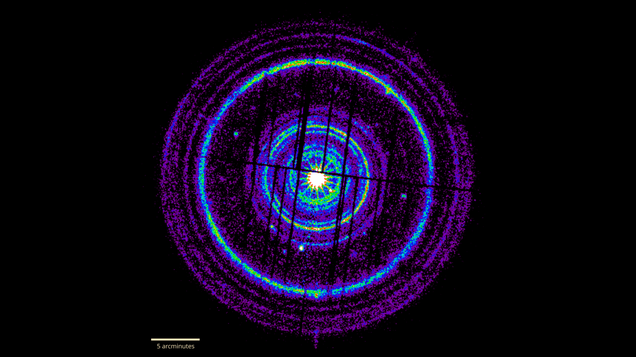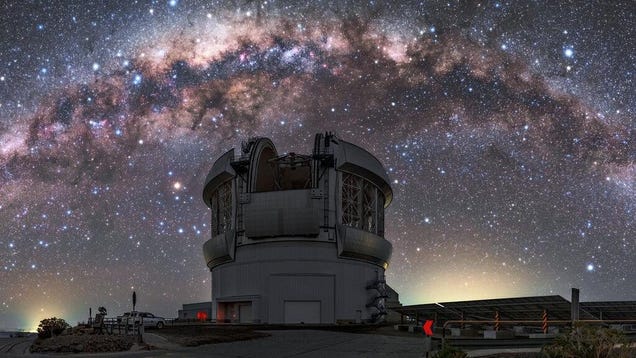
C. Gordon Bell, a true visionary in the world of computing who helped design some of the first minicomputers in the 1960s, died May 17 at the age of 89, according to a new report from the New York Times Tuesday.

C. Gordon Bell, a true visionary in the world of computing who helped design some of the first minicomputers in the 1960s, died May 17 at the age of 89, according to a new report from the New York Times Tuesday.
As advances in robotics and artificial intelligence continue, efforts to make robots less creepy and unsettling and more friendly and human-like are a coveted niche of development. Now, federally funded researchers claim to have created a robot that can mimic the facial expressions of the person that it is talking to.

Several eclipse-focused projects are set to make big scientific contributions this coming Monday, April 8. While many projects are already in full swing, there’s still time for you to take part and contribute.

Plasma could be wrangled to collide photons and yield matter, according to physicists who ran simulations to explore the practical applications of a world-famous equation.

The gamma-ray burst, affectionately dubbed ‘BOAT’ (Brightest of All Time), has been found to emit gamma-rays with energies reaching up to 13 teraelectronvolts, as revealed by a collaboration of scientists who have studied these emissions.

An encouraging new study has found that the interference from exoplanets—planets that orbit stars outside our solar system—has been overestimated in searches for extraterrestrial signals.

In December 2020, the Arecibo Observatory’s radio telescope was destroyed when a catastrophic cable failure caused its 900-ton platform to collapse onto the iconic dish below.

The International Gemini Observatory, a key player in global astronomical research, has temporarily halted astronomical operations following a cyberattack. The culprits and their motives remain unknown.